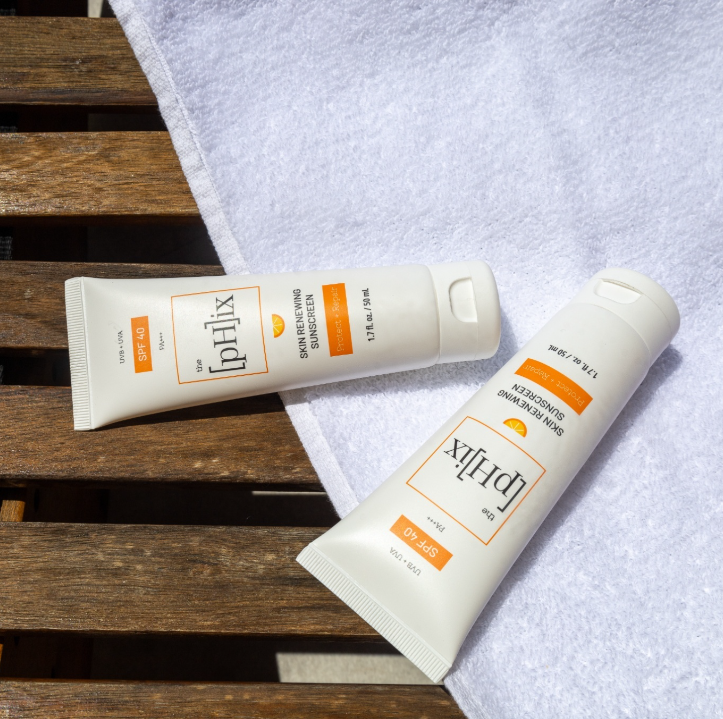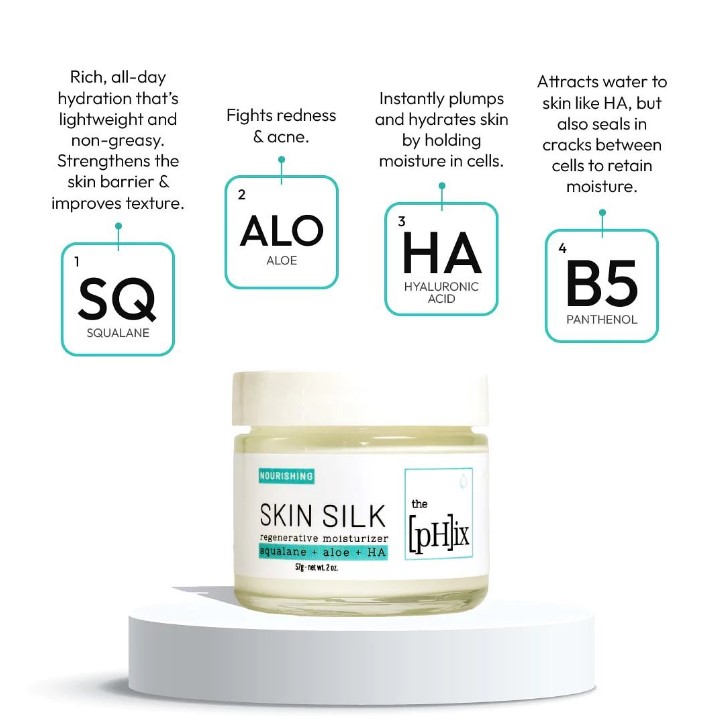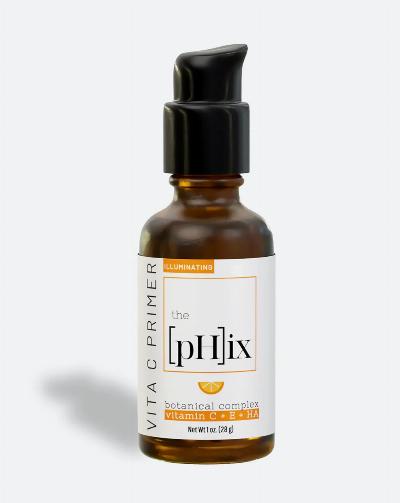The Ultimate Guide to Skin Barrier Repair Moisturizer: Benefits, Uses, and Long-Term Care

The skin barrier is one of the most important elements of our skin's overall health and functionality. It acts as the first line of defense, protecting the skin from external aggressors like pollutants, toxins, and harmful UV rays while retaining moisture. When the skin barrier is compromised, it can lead to dryness, irritation, and increased sensitivity. This is where a skin moisturizer repair cream becomes a vital addition to your skincare routine.
In this comprehensive guide, we’ll explore the benefits, uses, and long-term care associated with this product. If you’re seeking a reliable solution for healthy, glowing skin, keep reading to learn how this product can help.
What is the Skin Barrier?
Before diving into skin barrier repair moisturizer, it is essential to understand what the skin barrier is. The skin barrier, also known as the stratum corneum, is the outermost layer of the skin. It consists of tightly packed skin cells held together by lipids (oils), creating a protective shield. This layer performs two key roles:
1. Retaining moisture: The skin barrier keeps your skin hydrated by preventing water loss.
2. Shielding the skin: It blocks harmful elements like pollutants, allergens, and pathogens from penetrating deeper layers of the skin.
When this barrier is damaged due to factors like harsh weather, over-exfoliation, or using strong skincare products, your skin becomes vulnerable to dryness, irritation, and inflammation. That moisturizer comes in to restore and rejuvenate this protective layer.
The Benefits of Skin Barrier Repair Moisturizers
1. Restores Moisture Levels
One of the primary benefits of a skin barrier repair moisturizer is its ability to restore and maintain hydration levels. A healthy skin barrier prevents trans-epidermal water loss (TEWL), which is critical for maintaining supple, smooth skin. Moisturizers designed to repair the barrier contain ingredients like hyaluronic acid, glycerin, and ceramides, which help draw moisture into the skin and lock it in.
2. Reduces Irritation and Sensitivity
When the skin barrier is damaged, it becomes prone to inflammation, redness, and irritation. A quality skin barrier repair moisturizer soothes and calms the skin by restoring its natural protective barrier. Ingredients such as niacinamide and aloe vera are often included for their anti-inflammatory properties, reducing sensitivity and providing relief to irritated skin.
3. Strengthens the Skin's Defense System
A compromised skin barrier not only leads to dryness but also makes the skin more susceptible to external irritants and environmental damage. By consistently using a skin barrier repair moisturizer, you strengthen your skin’s defense system, ensuring it can better fend off pollutants, allergens, and UV rays. This protection ultimately leads to healthier and more resilient skin in the long term.
4. Prevents Premature Aging
An unhealthy skin barrier can accelerate the signs of aging, including fine lines, wrinkles, and a lack of elasticity. A skin barrier repair moisturizer works to prevent this by keeping the skin plump and hydrated. The moisturizer acts as a protective shield, ensuring that the skin maintains its youthful appearance by minimizing exposure to harmful environmental factors.
5. Improves Skin Texture and Tone
Regular use of a skin barrier repair moisturizer helps in improving the overall texture and tone of your skin. When your skin is well-moisturized and healthy, it feels smoother, more supple, and appears more even. Ingredients like ceramides, peptides, and fatty acids support skin regeneration and help repair damaged cells, contributing to a radiant complexion.
Uses of Skin Barrier Repair Moisturizers
1. Daily Hydration
One of the best uses of a skin barrier repair moisturizer is as part of your daily hydration routine. After cleansing your face, apply the moisturizer to lock in moisture and protect your skin throughout the day. If your skin is particularly dry or damaged, you can apply it both morning and night to maintain adequate hydration.
2. Post-Exfoliation Recovery
Exfoliating can sometimes strip the skin of its natural oils, weakening the skin barrier. After exfoliating, it's essential to follow up with a barrier-repairing moisturizer to replenish lost moisture and protect the skin from irritation. It helps soothe the skin and supports faster recovery from exfoliation-induced sensitivity.
3. After Sun Exposure
Prolonged sun exposure can damage the skin barrier, leaving it dry and irritated. Applying a skin barrier repair moisturizer post-sun exposure helps calm and rehydrate the skin, minimizing the risk of long-term damage. Look for a moisturizer that includes soothing ingredients like aloe vera and antioxidants like vitamin E to promote healing.
4. For Acne-Prone Skin
Many people with acne-prone skin shy away from moisturizers for fear of clogging their pores, but that can worsen the problem. Using a non-comedogenic skin barrier repair moisturizer that contains ingredients like niacinamide or ceramides can help maintain the skin’s balance without causing breakouts. A strong barrier can also reduce the risk of post-acne scarring and hyperpigmentation.
How to Care for Your Skin with Skin Barrier Repair Products
1. Avoid Harsh Ingredients
To maintain a healthy skin barrier, avoid products with harsh ingredients like sulfates, alcohols, and fragrances. These can strip the skin of its natural oils, further weakening the barrier. Opt for gentle, hydrating products that work in harmony with your skin.
2. Moisturize Regularly
Consistency is key when it comes to skin barrier repair. Make moisturizing a part of your daily routine, especially after cleansing, exfoliating, or sun exposure. Keeping your skin hydrated will help maintain a healthy barrier and prevent future damage.
3. Incorporate Barrier-Boosting Ingredients
When selecting a skin barrier repair moisturizer, look for products containing the following ingredients:
Ceramides: These help form the skin’s natural moisture barrier and are crucial for hydration.
Hyaluronic Acid: A powerful humectant that draws moisture to the skin and keeps it there.
Niacinamide: This anti-inflammatory ingredient improves the skin’s elasticity and strengthens the barrier.
Fatty Acids: Omega-rich oils, like jojoba and squalane, mimic the skin’s natural lipids, helping to restore balance.
4. Stay Hydrated
Your skincare routine isn't just about what you apply externally. Hydration from within is essential for a healthy skin barrier. Drink plenty of water throughout the day to keep your skin plump and hydrated from the inside out.
5. Use Sunscreen
A strong skin barrier won’t protect you from UV damage, which can weaken the skin barrier over time. Always apply sunscreen with at least SPF 30 as the last step of your morning skincare routine to shield your skin from harmful rays and prevent further damage to your barrier.
Conclusion
A skin barrier repair moisturizer is essential for restoring, protecting, and maintaining the health of your skin over time. With regular use, it reduces irritation, enhances hydration, and fortifies your skin’s defense against environmental aggressors. By caring for your skin’s barrier, you can enjoy a healthier, more radiant complexion that lasts.
Remember, consistent care and the right product choices will provide you with long-term results. For the ultimate solution to your skin’s barrier repair needs, explore The [pH]ix products, crafted to ensure your skin stays healthy and glowing for the long run.
Note: IndiBlogHub features both user-submitted and editorial content. We do not verify third-party contributions. Read our Disclaimer and Privacy Policyfor details.

![The [pH]ix](https://indibloghub.com/public/images/profile/47954_6690c261d52c9.jpg)





